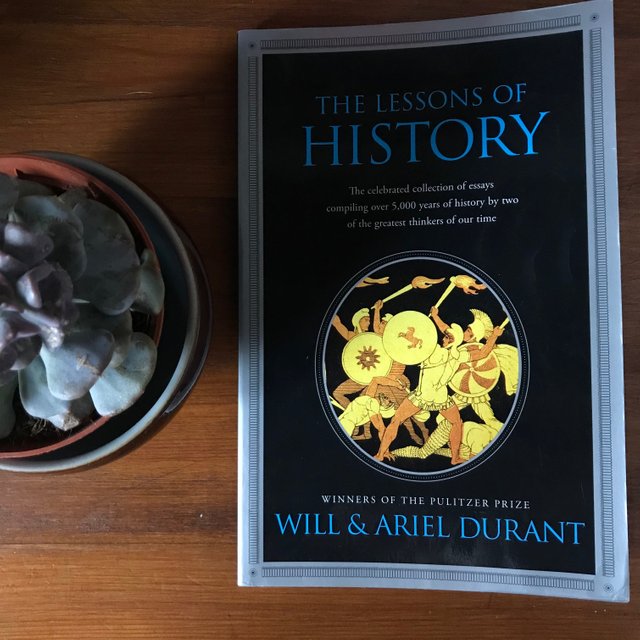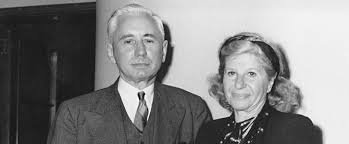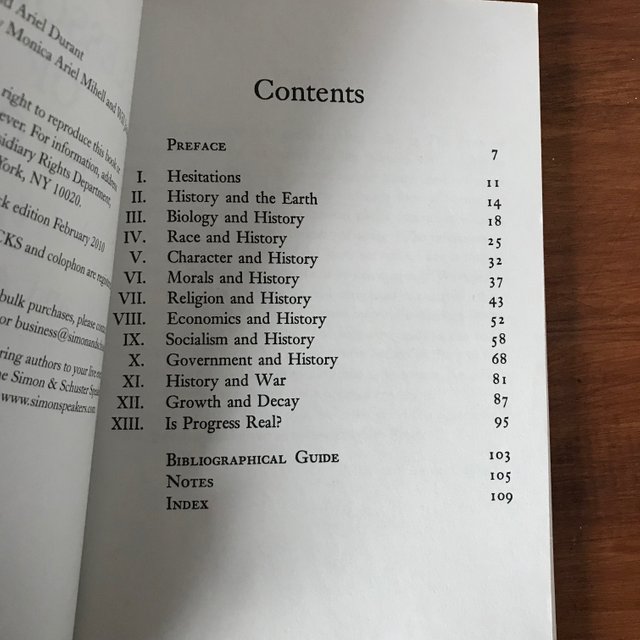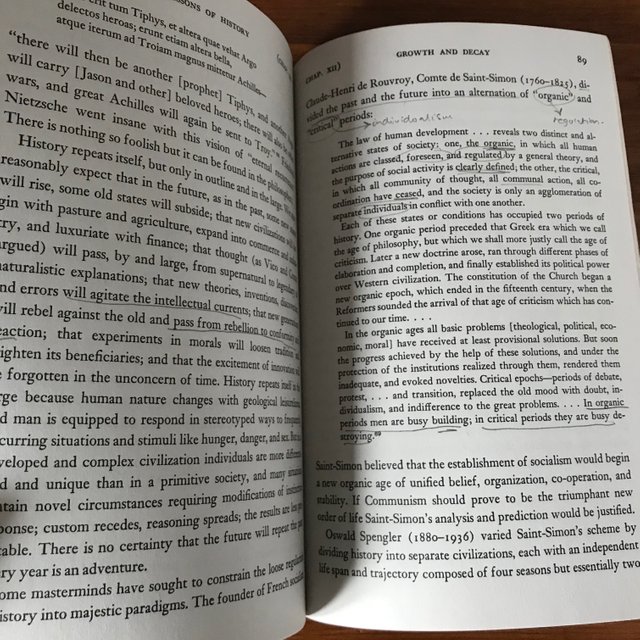The Lessons of History, William and Ariel Durant - Bookclub #47

About the Author
Will Durant’s writing career began with the publication of Philosophy and the Social Problem (1917). His second book, The Story of Philosophy (1926), sold more than two million copies in less than three decades and was translated into several languages. The following year his only novel, Transition, appeared. It is largely an autobiographical account of his own early social, religious, and political disillusionment. In 1970 Durant published Interpretations of Life: A Survey of Contemporary Literature. This work, an expansion of the notes of a lifetime of reading modern literature, is informal and anecdotal and is aimed at the general reader.

In 1913, while teaching at the Ferrer Modern School in New York City, Durant married one of his pupils, Ada (or Ida) Kaufman, whom he called Ariel; she later adopted the name legally. Though she had been involved in the writing of every volume of The Story of Civilization, Ariel Durant was not given formal recognition as Will Durant’s collaborator until 1961, with the publication of the seventh volume, The Age of Reason Begins. She continued as coauthor with her husband of the subsequent volumes in the series, including the Pulitzer Prize-winning 10th volume, Rousseau and Revolution (1967). They described their work together in A Dual Autobiography (1977).
A little bit about the book
This is a great book that raises a lot of questions about the ideas of progression and learning from our mistakes in the past. Will and Ariel Durant's "The Lessons of History" is a collection of their essays compiling over 5,000 years of history. They purposefully looked at what worked historically when it came to policy, economics, socialism, war and in essence, human nature.

This is fascinating to read because we live in a very complex society that we as complex beings have created. It is apparent that a lot of the reasons why we, despite having the means and understanding to end global suffering and conflict - we simply cannot because we do not understand ourselves well enough. This is why we have created these 'efficient' societies that work on natural hierarchy and competition - both the Authors understand this, and look at what works best based on our current behaviour and attitudes to life.
The book looks at the possibilities and limitations of humanity over time looking at the towering themes of history in order to give meaning to our own history. The Authors both won Pulitzer Prizes for their work.

This is a must read for everyone interested in why our society is how it is, and looking towards the future in where it should be headed.
The Bookclub
Ego is the Enemy, Ryan Holiday
The Wisdom Of Insecurity, Alan Watts
Tools of Titans, Tim Ferris
Homo-Deus, Yuval Noah Harari
Radical Acceptance, Tara Brach
Born a crime, Trevor Noah
How brands grow, Byron Sharp
Tales of modern Russia, Peter Pomerantsev
Stone Soup, Marcia Brown
How to get filthy rich in rising Asia, Mohsin Hamid
The Art of War, Sun Tzu
Why Bob Dylan Matters, Richard F. Thomas
On the Shortness of Life, Seneca
Not Fade Away - A short life well lived, Peter Barton
Blockchain Revolution, Alex and Don Tapscott
What I know for sure, Oprah Winfrey
Man's Search for Meaning, Viktor E. Frankl
Creativity Inc., Ed Catmull
Meditations, Marcus Aurelius
The Rational Optimist, Matt Ridley
What Makes Sammy Run? , Budd Schulberg
How to Develop Self-Confidence in Public Speaking, Dale Carnegie
How to Win Friends and Influence People, Dale Carnegie
As a Man Thinketh, James Allen
The Four Agreements, Don Miguel Ruiz
The Magic of Thinking Big, David J. Schwartz
The Great Philosophers, Edited by Ray Monk & Frederic Raphael
The Outsiders, William N. Thorndike
Invested, Danielle & Phil Town
The Last Hours of Ancient Sunlight, Thom Hartmann
The Obstacle is the Way, Ryan Holiday
Zen Flesh, Zen Bones, Paul Reps
The Prince, Niccolo Maciavelli
Think and Grow Rich, Napoleon Hill
Unshakeable, Tony Robbins
The War of Art, Steven Pressfield
Leonardo Da Vinci, Walter Issacson
Onwards, Howard Schultz
The Long and Short of It, John Kay
Prisoners of Geography, Tim Marshall
Total Recall, Arnold Schwarzenegger
Steve Jobs, Walter Issacson
Thus spoke Zarathustra, Freidrich Nietzche
The Everything Store, Brad Stone
Zero to One, Peter Thiel
Zen and the Art of Happiness. Chris Prentiss
Congratulations @eldergill! You have completed the following achievement on the Steem blockchain and have been rewarded with new badge(s) :
Click here to view your Board
If you no longer want to receive notifications, reply to this comment with the word
STOPTo support your work, I also upvoted your post!